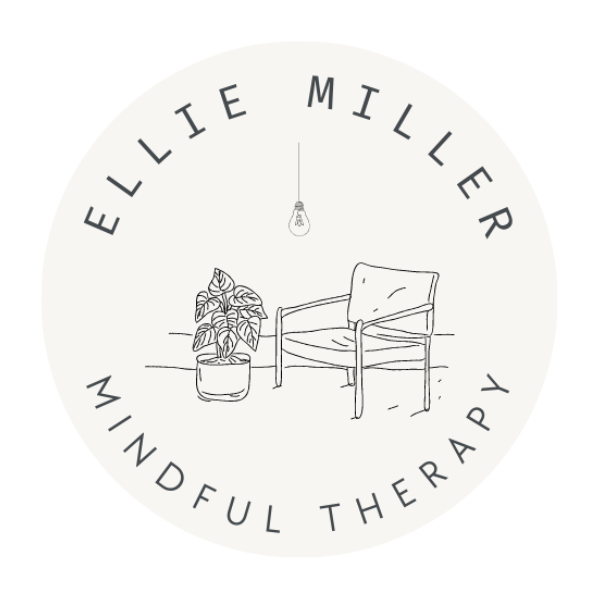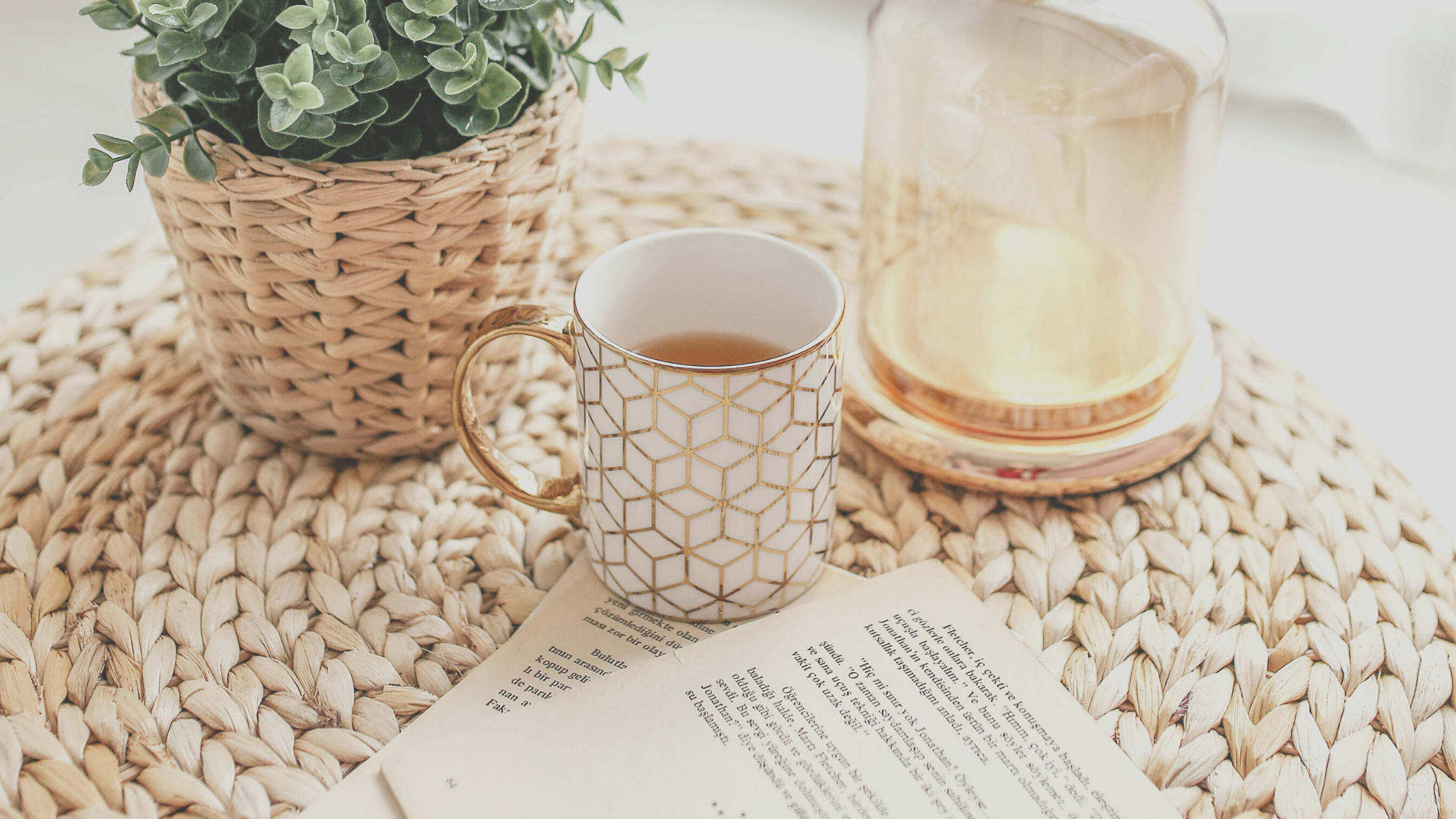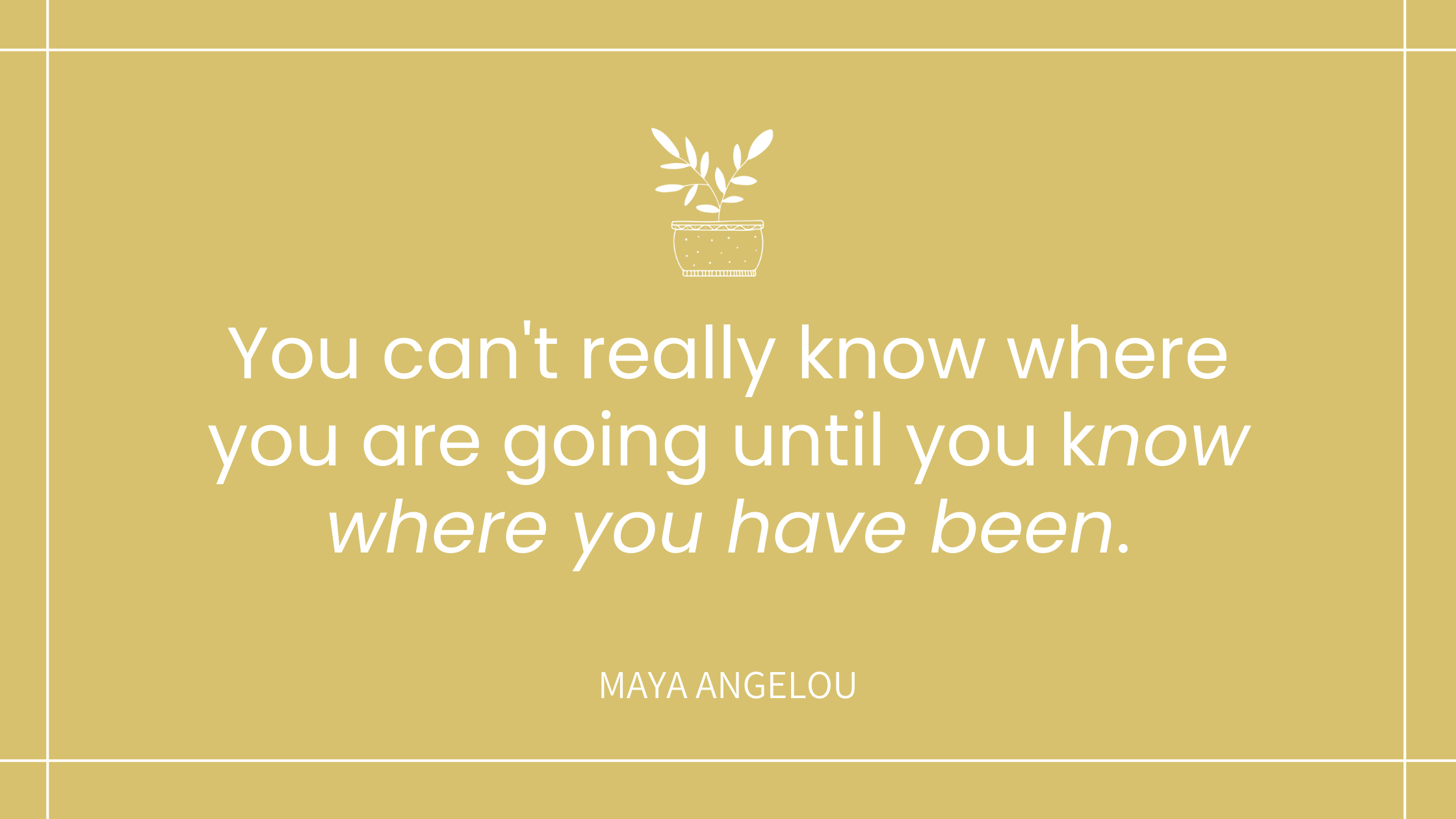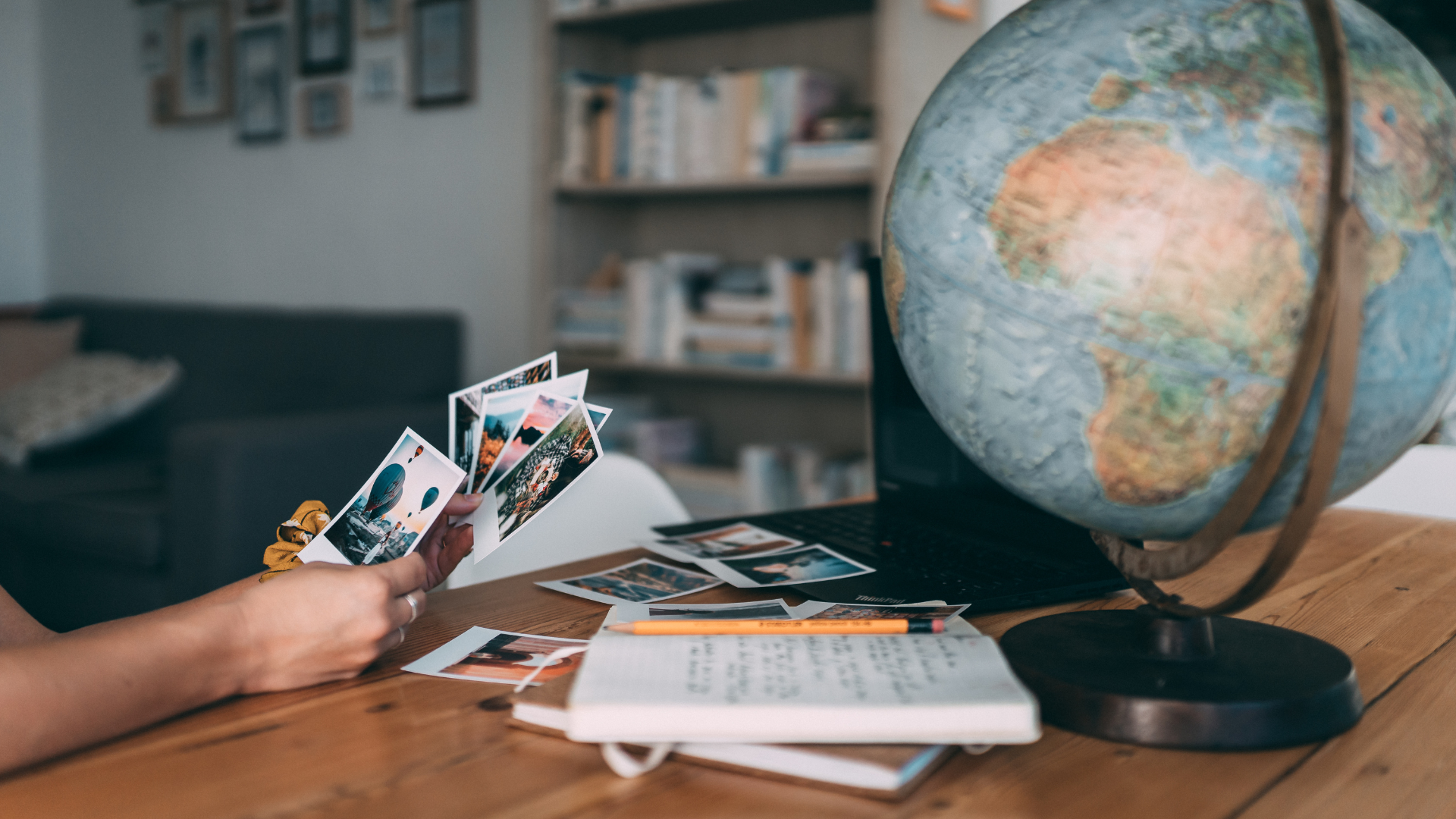Don’t Skip This Crucial Step When Managing Anxiety.
When you’re starting therapy, there’s an exciting feeling of being on the brink of something new.
Bring on the new skills, new strategies, yes! Let’s do this!!!
I love that go-getter energy of yours 😎!
But, before we dive into those top of the line new strategies, could we step back for a moment and start with this step →
let’s start by looking at what hasn’t helped you manage anxiety.
I know, I know, not as exciting as getting to the new stuff. But hear me out, it’s worth taking the time on this step!
Why should you Start By Looking at What hasn’t Eased anxiety?
One of the reasons anxiety gets so sticky is that a lot of the coping habits we use backfire.
They make us feel like we’re “doing something” or taking control in the face of uncertainty.
In the short term, these habitual strategies may work, and make us feel like we’ve gotten rid of anxiety.
So, subconsciously, our brain is thinking it’s a helpful pattern that we should keep up.
But, long term, a lot of the automatic strategies we turn to to ease anxiety end up making it worse.
So how do you let your darling brain really absorb this message-
“hey bud, this particular anxiety habit isn’t really serving us, let’s try some new ones.”
That’s what we’re talking about today. I even have some downloadable journal prompts so you can map this goodness out for yourself when you’re done reading.
Common Anxiety Strategies I See Folks Using Before Starting Therapy
I’ll walk you through the most common strategies I see my clients using to try to manage anxiety when we’re first getting started working together.
And remember this isn’t a judgment on my part.
I’m never going to tell you, “this anxiety strategy is good, or this one is bad”.
I want YOU to explore it for yourself and see what’s true for YOU. Everyone’s experience will vary.
And that’s a win-win, because now it becomes an opportunity for you to build self trust.
I like how psychologist Russ Harris categorizes the most common strategies folks use to get rid of anxiety:
D- Distraction
What it is:
When we try to distract ourselves from our anxiety in an attempt to get rid of anxious thoughts, or feel less bothered by them.
Examples:
social media
entertainment
staying busy
O- Opting Out
What it is:
When we try to get rid of anxiety by avoiding the things that we think are causing the anxiety.
Examples:
procrastinate
withdrawl
avoid
quitting things
T-Thinking
What it is:
When we try to think our way out of anxiety.
Examples
self criticism
problem solving
analyzing
planning
pretending it’s not that big of a deal
S- Substances
What it is:
This ones pretty self explanatory, any substances we use to numb or get rid of anxiety would be included in this category.
Do you use any of the above anxiety coping strategies?
Cool, now that you’ve identified them let’s get curious about whether they’re really helping or not.
3 questions to explore when Getting Curious About Past or Current Anxiety Coping Strategies
What have you tried?
How has it worked (short term and long term)?
What has it cost you?
Pitfalls and Tips
Challenge No. 1
“I don’t even notice when I’m caught up in anxiety or old anxiety behaviors”
Solution
Practicing mindfulness, whether through on the spot exercises or formal meditation would be my number 1 recommendation if you’re having a hard time stepping back and bringing awareness to your anxiety habits.
Challenge No. 2
“I already understand that some of the things I do to deal with anxiety don’t really help, what’s the point of this exercise?”
Solution
Awesome! You may be able to skip this step.
But, sometimes our brains need some help absorbing info to really learn and enact new patterns. So, it’s up to you, but it might not hurt to take at least a little time on this step.
Challenge No. 3
“Yes! I’m siked to take this step, where do I start?
Solution
I got you-
I made this downloadable journal, so you can organize your thoughts and build a solid foundation for managing anxiety.
Download the Free Worksheet ↓
Next Steps.
I’m siked for you to take this step on your anxiety healing journey.
Whether you’re just getting started on tending to anxiety or you’ve been around the block a few times with self care strategies, I think this could be a helpful touchstone to check in with yourself.
Hi! I’m Ellie, a private practice therapist offering online therapy to empathetic women & couples in Baltimore, Maryland. I help women manage anxiety & stress and couples strengthen their relationships.
If you want more anxiety tools and tips from my private practice, straight to your inbox, I’d love to have you join The Detangler, my weekly lighthearted newsletter.
If you live in Maryland or Virginia, reach out to see if we’re a good fit for therapy!








